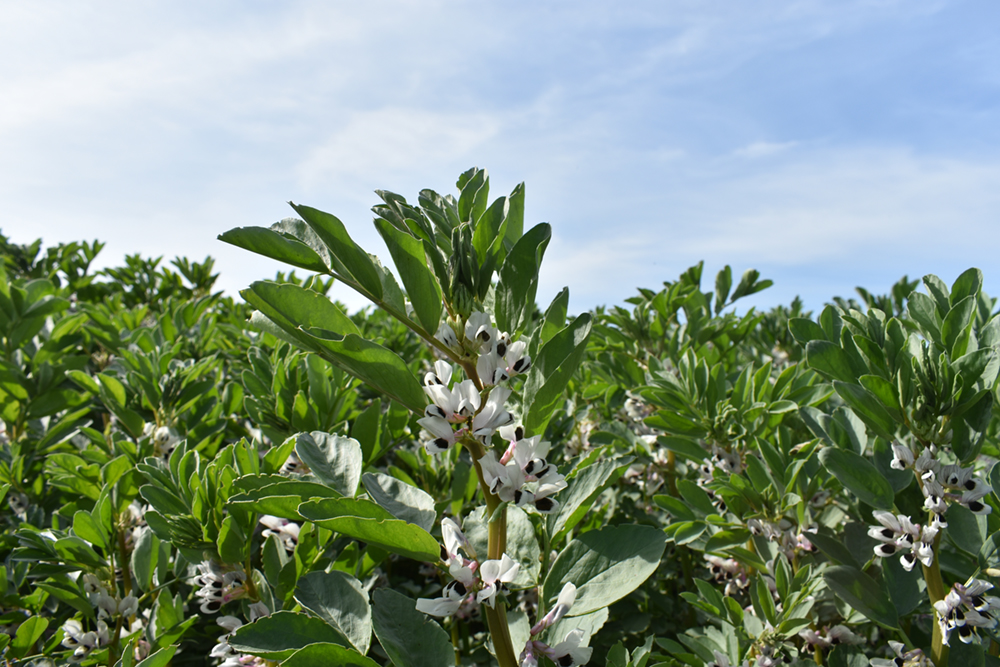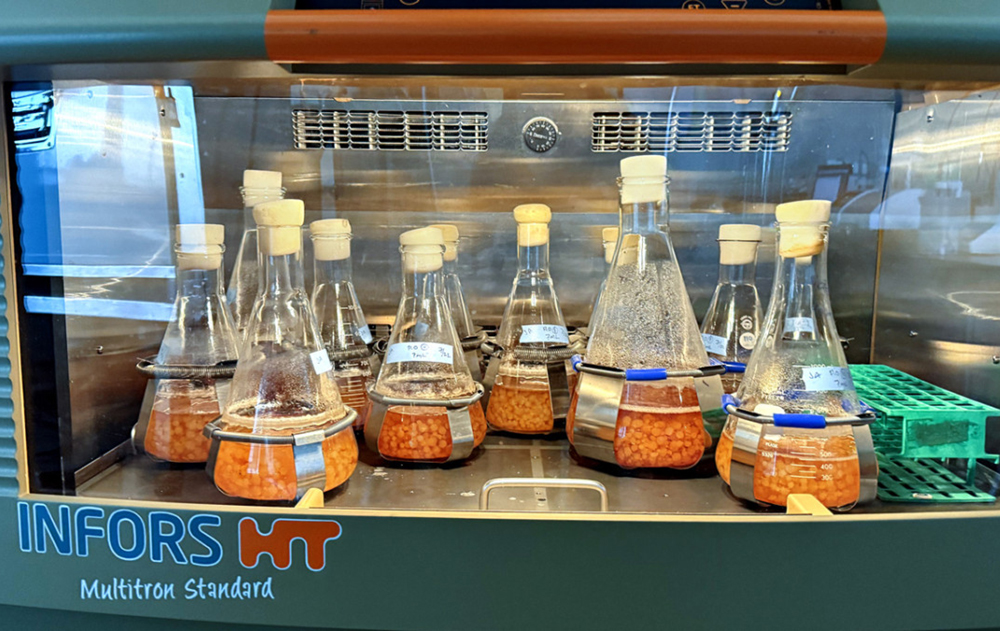
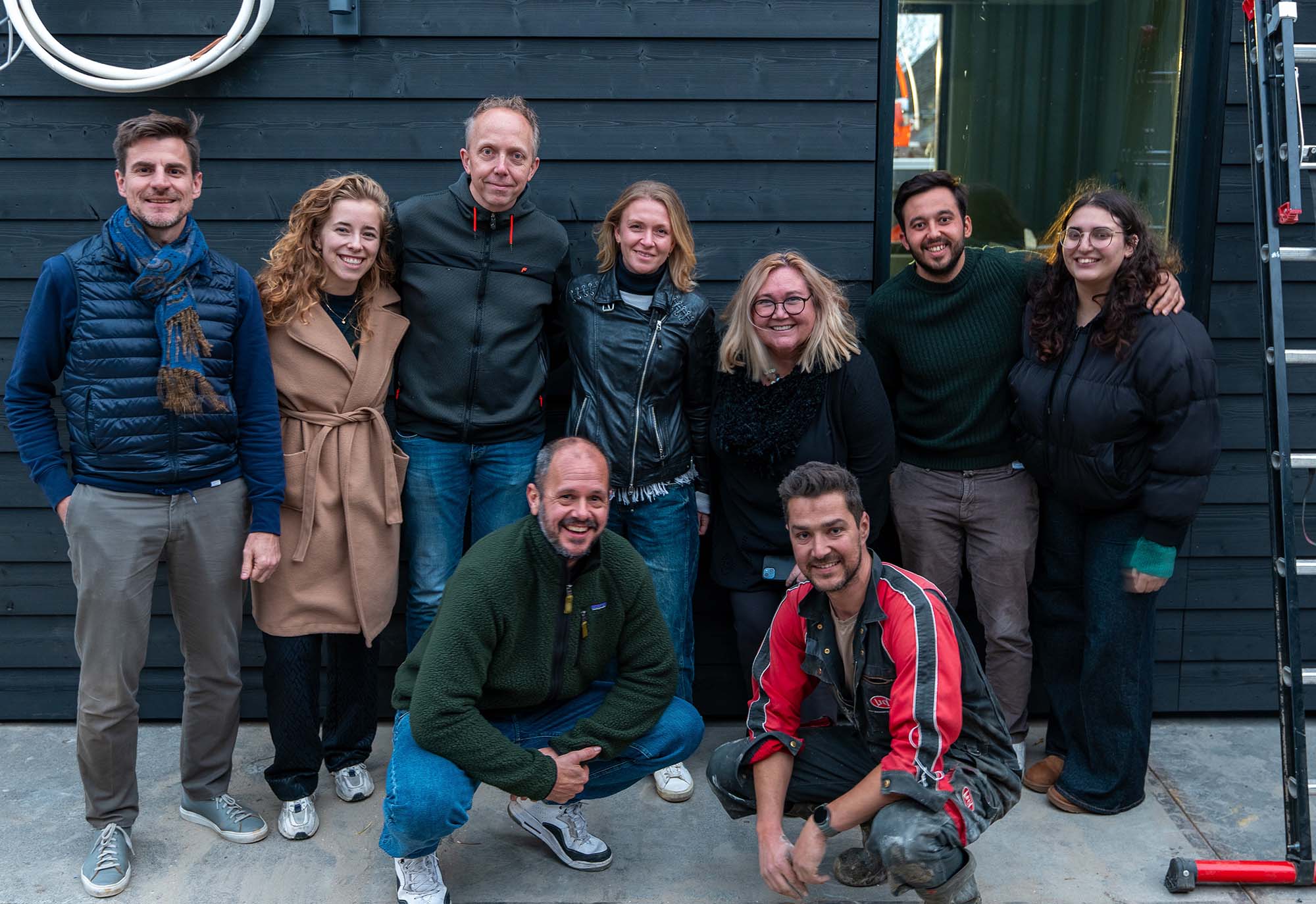
RespectFarms and Dutch dairy farmer Corné van Leeuwen unveil world’s first cultivated meat farm
A dairy farm in Zuid-Holland has become the first in the world to host cultivated meat production, following the launch of a pioneering initiative by RespectFarms and farmer Corné van Leeuwen. Announced on 22 November in The Hague, the project marked a major turning point for both agriculture and cellular agriculture, proving for the first time that meat grown directly from animal cells could be incorporated into day-to-day farm operations.
Developed with support from the European Innovation Partnership for Agricultural Productivity and Sustainability (EIP-Agri) and the Province of Zuid-Holland, the project will see cultivated meat units installed and brought online in the coming weeks. Once operational, the pilot is intended to demonstrate how farmers might one day produce meat alongside their existing activities, offering a potential additional income model while remaining rooted in traditional agricultural practice.
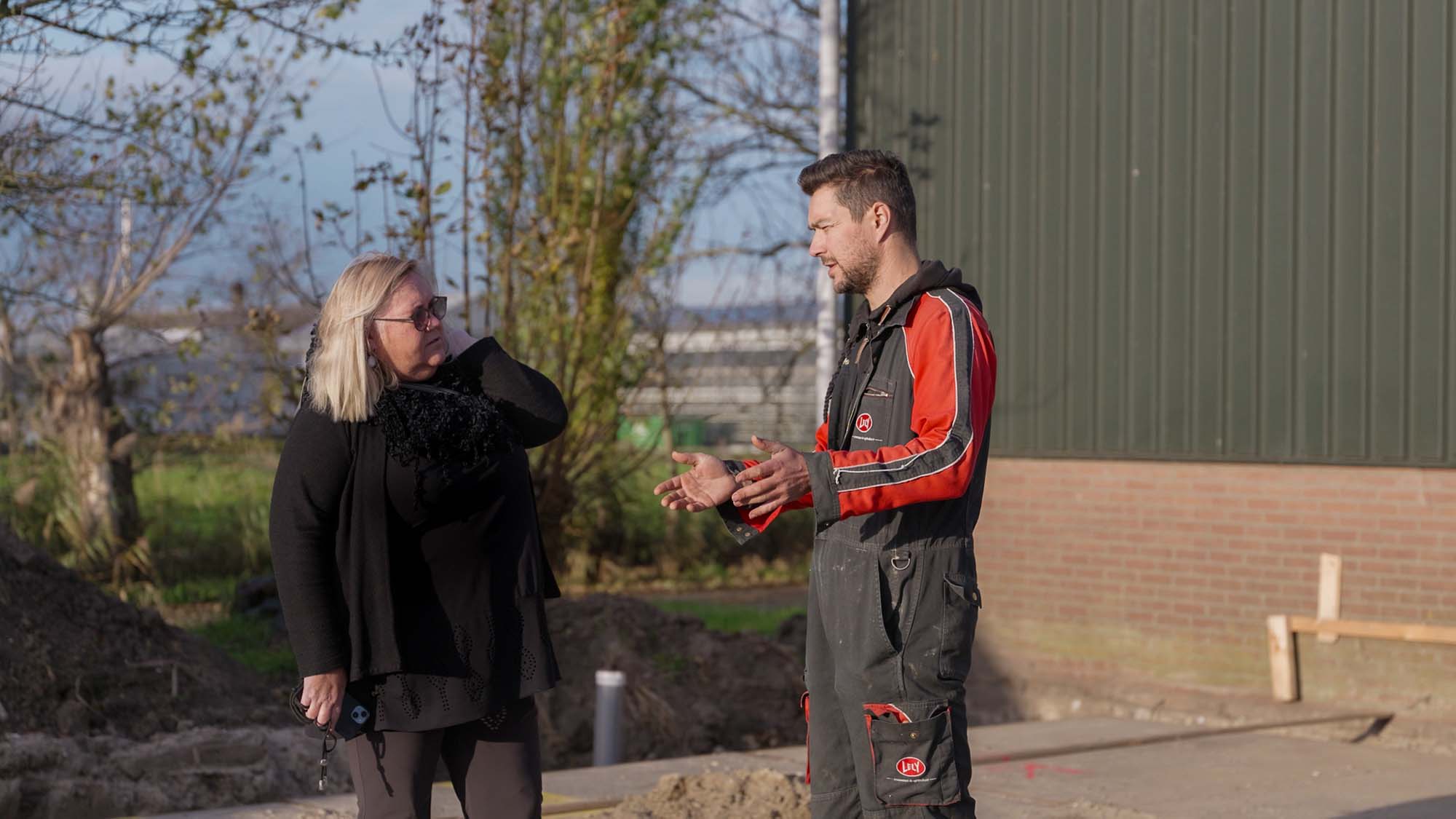
RespectFarms called the launch a breakthrough that combines two global firsts. The first is the establishment of a fully functioning cultivated meat farm: a set of production units designed and integrated by RespectFarms and placed directly within van Leeuwen’s existing dairy business. It creates a true real-world test environment, allowing the company and its partners to study how cultivated meat fits within farming rhythms, infrastructure, and economic structures.
The second milestone is that van Leeuwen is the first farmer in the world to receive agricultural innovation funding specifically for cultivated meat. Through EIP-Agri, farmers, researchers, and businesses collaborate on experiments that improve sustainability, productivity, and knowledge transfer. This project marked the first time an EU agricultural grant has been used to test cell-based meat production on a working farm, opening a pathway for farmers interested in future diversification.
RespectFarms acted as the system integrator, bringing together knowledge from agriculture, technology partners, and biotechnology. Rather than pushing for large-scale centralized cultivated meat factories, the company advocates a “scale-out” model in which production is distributed across multiple farms. Its founders argue this approach keeps farmers at the heart of food production while spreading economic benefits and technological capability to rural areas.
“We’re building a model where livestock farmers remain at the centre of food production, not replaced by factories,” said Ira van Eelen, Co-founder of RespectFarms and Cellular Agriculture Netherlands. “This is an opportunity to make the protein transition fair, transparent, and rooted in rural communities.”
Co-founder Florentine Zieglowski said the startup was “pioneering a fast way to commercialize cultivated meat – decentralised and together with agricultural, tech and supply chain partners.” Meanwhile, Co-founder Ralf Becks described the venture as a way to shrink global challenges to a manageable scale: “RespectFarms boils down a world problem to farm size. And once it works, we scale this out to the world to increase impact.”
For van Leeuwen, the project aligns with a long family history of adopting new technologies. The farm was among the first in the region to install a milking robot and has diversified into artisanal cheese production. He said cultivated meat offered another opportunity to explore the future of farming while maintaining his existing business. “As a farmer you have to look ahead, especially these days,” he said. “This is a chance to see whether a new income model can fit alongside what we already do. Making cultivated meat on the farm makes sense for many reasons. Not trying it would be a missed opportunity.”
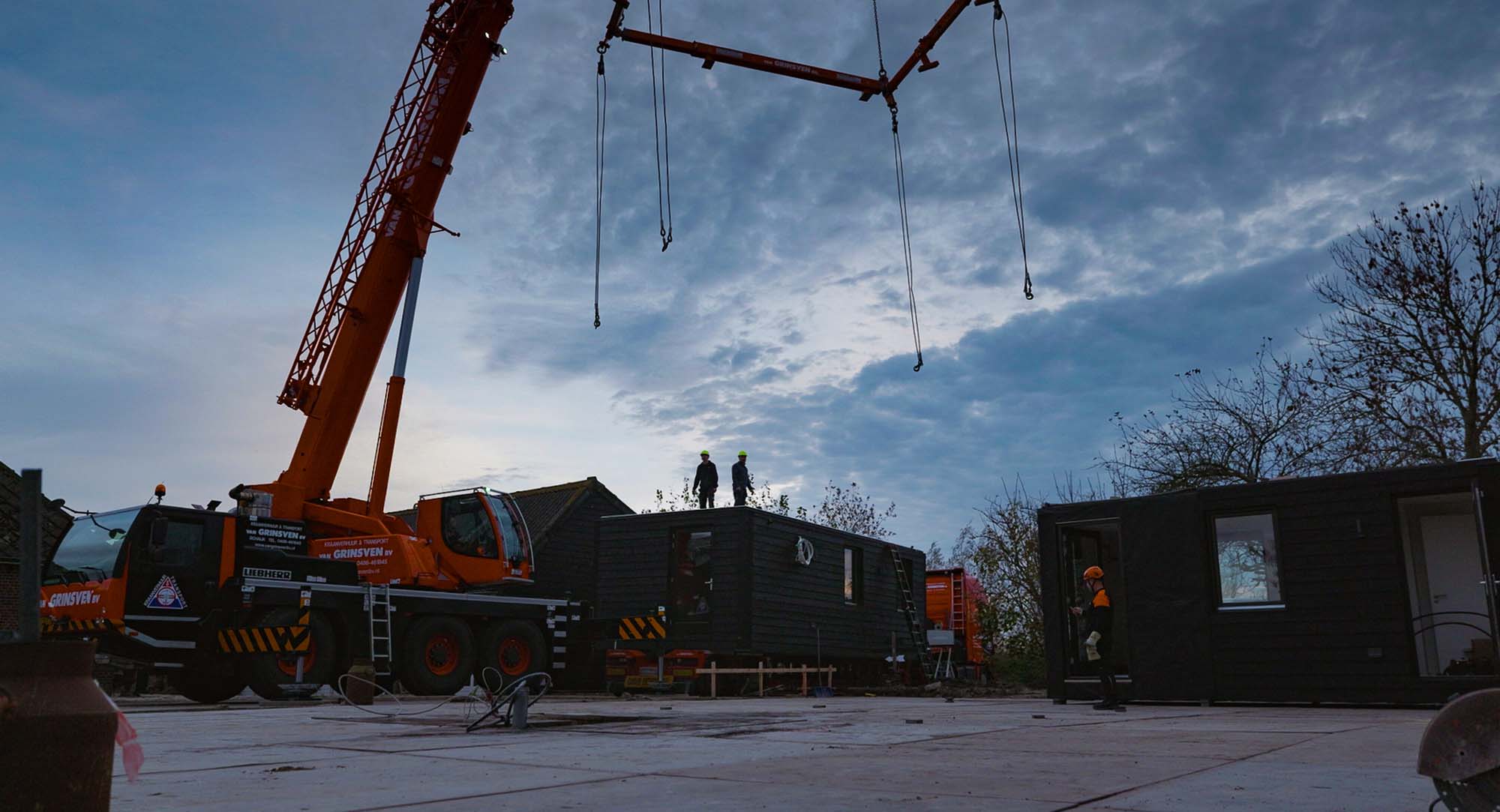
The Province of Zuid-Holland contributed additional support to ensure the pilot could move forward and to promote engagement with farmers and other stakeholders. Meindert Stolk, Regional Minister for Economy and Innovation, called the project a milestone for the region and the country. “With RespectFarms, Zuid-Holland is setting a world first: the first cultivated meat farm in the world,” he said. He noted that fostering this type of innovation would support the province’s role in the protein transition while generating new economic opportunities and strengthening expertise that could be exported internationally.
A public Experience Centre, scheduled to open on the farm in Spring 2026, will allow visitors to learn about cultivated meat production directly. Farmers, value chain partners, policymakers, local residents, and educators will be able to observe the technology up close. “People need to see what’s really happening,” van Eelen said. “It’s good to have a place where science meets farmers, citizens, and policymakers to learn, debate, and co-create the future of food production and farming.”
RespectFarms’ broader mission is to link agriculture with biotechnology and technology partners to design sustainable, decentralized models for producing meat. Co-founder Ruud Zanders, also a founder of the poultry sustainability company Kipster, said the rationale was clear. “The consumption of the current amount of animal products is not sustainable within the planet's capacity. So, we need to find other ways to provide for our food. Within the Earth's capacity and with as little impact as possible on animals, humans, the climate and with a future for the farmer. Et voila: the cultivated meat farm.”
Cultivated meat is made by growing animal cells in a controlled environment. Tissue samples are placed in bioreactors containing nutrients, oxygen, and stable temperatures, allowing the cells to grow into real meat without raising or slaughtering animals. The method aims to reduce land and water use while significantly lowering greenhouse gas emissions, offering a pathway to more sustainable protein production.
With installation underway and public engagement planned, the Zuid-Holland pilot is poised to become a key reference point for how cultivated meat and traditional farming might evolve together in the years ahead.
If you have any questions or would like to get in touch with us, please email info@futureofproteinproduction.com

.png)



